Have you ever read a novel wherein the author breezed over an explanation or offered one that wasn’t satisfactory? In other words, have you ever felt the author phoned it in?
Over the past few weeks, I’ve read three or four novellas that, while being well-written and entertaining, suffered from a lack of conflict. Conflict is essential to your plot, be it a novel-length book or something under fifteen thousand words. The main drive behind any story is the need for resolution as you watch the characters dig themselves into various holes, or view their actions and reactions to a life after the hole has been conquered, but not without consequences. I can’t tell you how many times conflict is forced upon a situation that really doesn’t call for it.
Think about it this way: if your friend said or did something that seemed unusual—something that directly affected you that you didn’t understand—the next step would logically be to approach that friend and ask what was going on. Similarly, if you caught someone doing something you knew they wouldn’t do, whereas you might immediately jump to an erroneous conclusion, chances are a simple conversation would set everything straight. If you find yourself in a situation, with a proposition or an opportunity that you would ordinarily laugh off, it normally takes more than fifteen minutes to talk yourself into something you find morally flawed or potentially dangerous.
Yet we’ve all had these things happen to us. We’ve had simple misunderstandings that turned into potentially friendship-ending fights. We’ve all found ourselves in positions where an opportunity has arisen we didn’t anticipate, though in order to take advantage of it, some wildly complex the-ends-will-justify-the-means course of action is needed. We’ve all stumbled through life while living. This is what makes fictional characters so accessible. In one way or another, relating to their trials and decisions is akin to experiencing them ourselves.
This is why conflict and decision-making are so vital to storytelling. When your characters are presented with a situation in which seemingly irrational behavior is needed for the events to proceed, the reader needs to be convinced just as much as the character that their choice is the right one. When a conflict arises that would ordinarily be resolved with a simple explanation, the reader needs to understand and be convinced by the character’s reasoning to not proceed with that simple explanation. Conflict and motive are key elements to any story. Consider your favorite book or movie of all time. What was the conflict? Why was it compelling? What kept you flipping pages or glued to the screen?
Furthermore, consider the following romantic classics of literature. What’s the conflict? What makes them popular? Why do the characters seem so accessible, yet similarly iconic?
1) Gone with the Wind
2) Pride and Prejudice
3) Jane Eyre
4) Wuthering Heights
5) The Phantom of the Opera
6) Rebecca
There is a degree of escapism in storytelling, but a part of that escapism coincides with the reader feeling the main characters’ drive or motivations would mirror their own actions if given that scenario. No, not everything needs to be perfect, some degree of reality, no matter the genre, should be present, if for nothing else so your readers, who do live in the real world, don’t abandon the journey.
Monday, May 16, 2011
Subscribe to:
Post Comments (Atom)
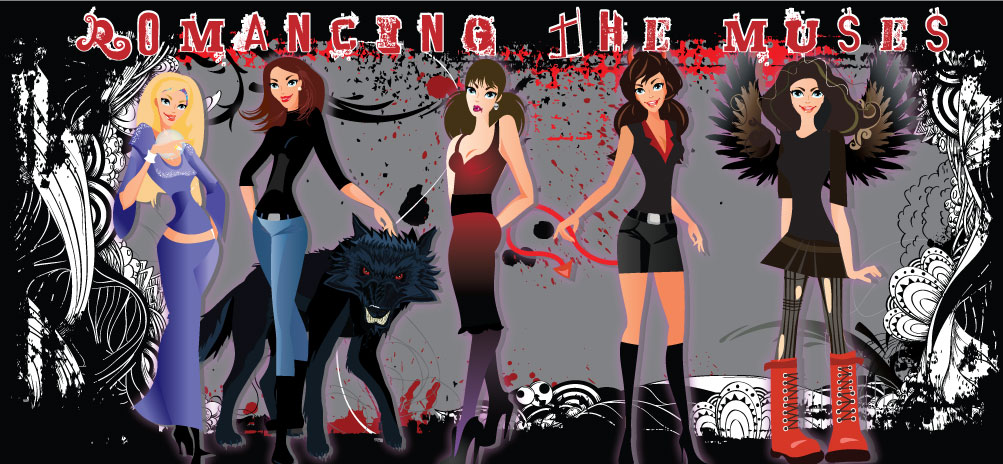
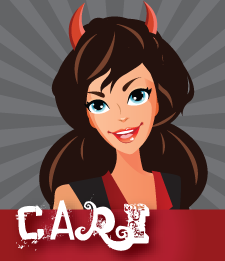
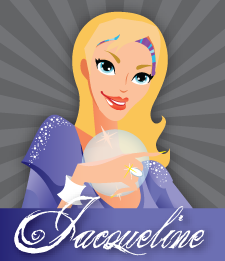

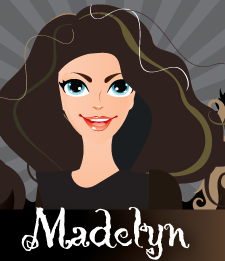
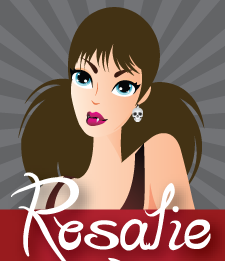
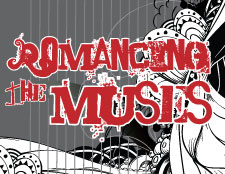



4 comments:
Thanks so much for this post! It brings up points that us aspiring authors need to keep in mind as we write and review our stuff.
Glad you found it useful! :)
I love it when there is forbidden something . usually it is love. Romeo and Juliet scenario. That is one of the reasons I like m/m romance. That is about as forbidden as it gets. Or course I love the paranormal forbidden couples, vamp/human or vamp/were or fae/human...
Oh, I love the forbidden theme, too, Sharon! It's one of my faves. Though I can't say I like m/m, and not for lack of exposure. I've read several m/m romances, and none are for me.
Still, I love a good forbidden love story. *sigh*
Post a Comment